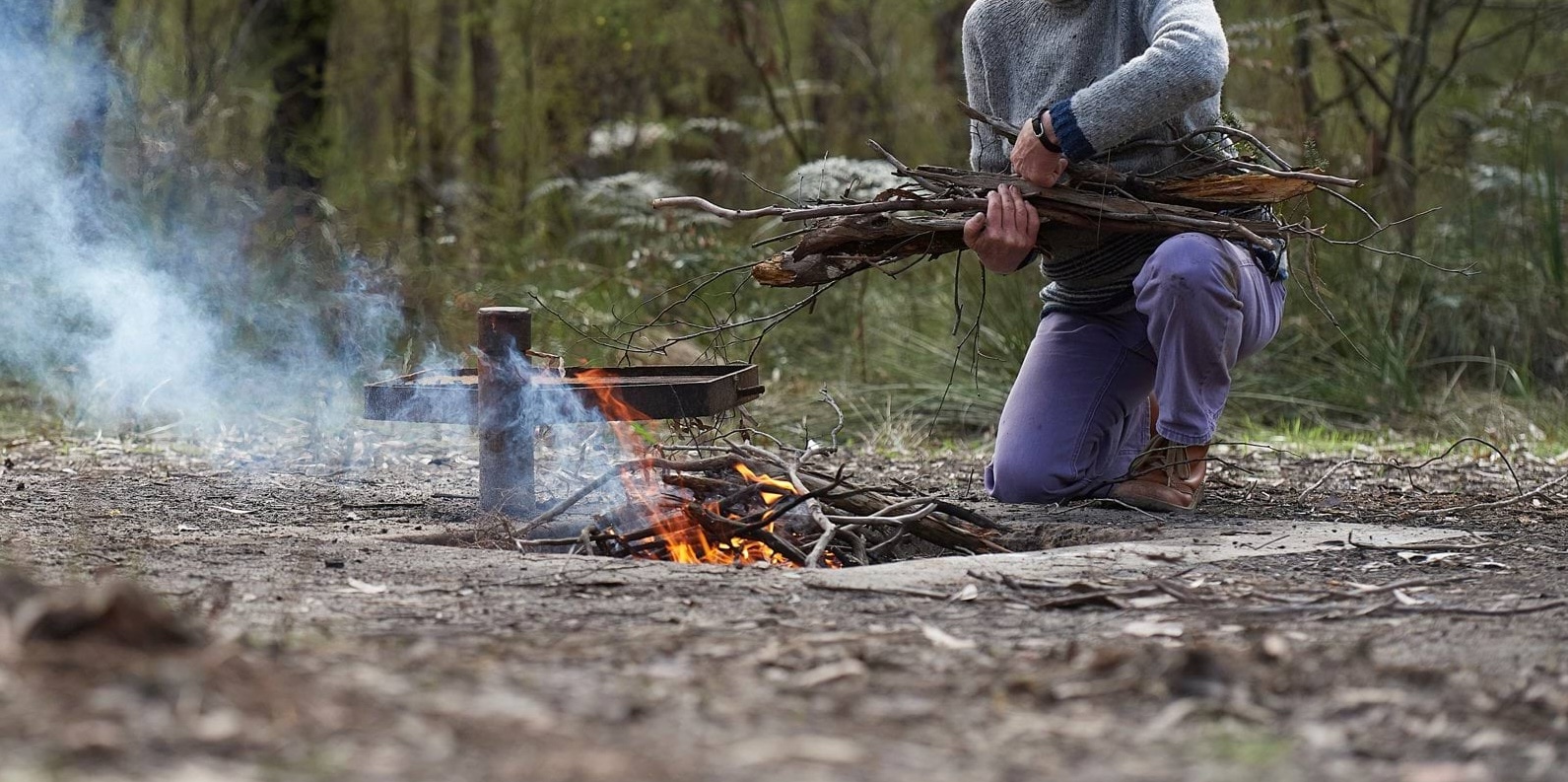

Do our gardens hold the key to improving biodiversity?
Protecting biodiversity needs to go beyond raising public awareness. It must also consider how people connect with nature. The Victorian Government’s Biodiversity 2037 plan seeks to reduce the decline of our native plants and animals and improve the natural environment by ensuring that it is healthy, valued and actively cared for.
A key goal of Biodiversity 2037 is Victorian's Value Nature, which includes multiple priorities around raising public awareness of biodiversity, facilitating occasions for people to connect with nature and increasing opportunities for Victorians to act for nature. By raising public awareness of the importance of biodiversity, it aims to foster a deeper appreciation and understanding among Victorians. But awareness is just the starting point. The plan further facilitates occasions for people to personally connect with the natural world around them – be it through educational initiatives, community engagement, or hands-on conservation projects. Ultimately, by amplifying these opportunities, Biodiversity 2037 envisions a society where every Victorian is empowered and inspired to act for nature.
What did we do?
We partnered with the Department of Environment, Land, Water and Planning (now the Department of Energy, Environment, and Climate Action) to conduct a comprehensive survey of 3,090 Victorians from diverse backgrounds.
This survey, shaped by a focused literature review and insights from experts, aimed to understand Victorians' relationship with nature, their environmental actions, and any barriers they face in engaging with nature or adopting pro-environmental behaviours.
The data was gathered online and ensured a representative snapshot of the wider Victorian community.
What did we find?
There were many positive results in the findings, including:
- 95% are aware of the condition of Victoria’s environment and the importance of biodiversity to the health of the environment, agreeing to statements like, “There are native plants and animals in Victoria that are at risk of serious decline or becoming extinct”,
- 86% of Victorians support pro-environmental and pro-social values, suggesting that they can link nature to human flourishing,
- Over 64% feel connected or very connected to nature,
- 42% spend time in their garden every day or every other day,
- 32% spend time in nature every day, or every other day.
Where do we connect?
The top three places where Victorians feel connected to nature are:
- National parks
- Beaches
- Their gardens.
Common barriers to spending time in nature were:
- Not having time to get out into nature
- Having family and friends who do not enjoy spending time in nature
- Having difficulties accessing nature.
Recommendations
Based on the findings, a series of recommendations were provided. Including…
- Public awareness of biodiversity
- Opportunities for people to connect with nature
- Opportunities for Victorians to act to enhance nature
Recommendations for policy campaign and interventions:
- A focus on gardens
What's next?
DELWP is now considering how the findings can be used to encourage more Victorians to get out into nature.
It is important to recognise and amplify the actions most important to Victorians. While Victorians displayed commendable environmental awareness and a desire to protect nature, a well-defined approach is essential to prioritise the most impactful measures. Furthermore, the interventions should be evaluated, to measure their effectiveness and maximise their potential to be scaled.
Survey results
Related projects

Have a project for us?
We'd love to help you unpack the problem. Get in touch.







